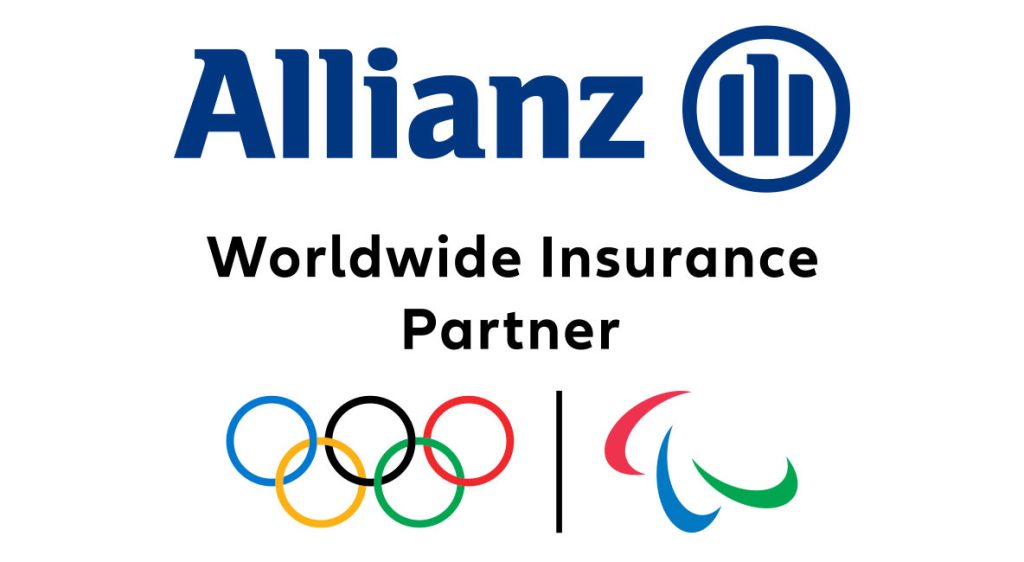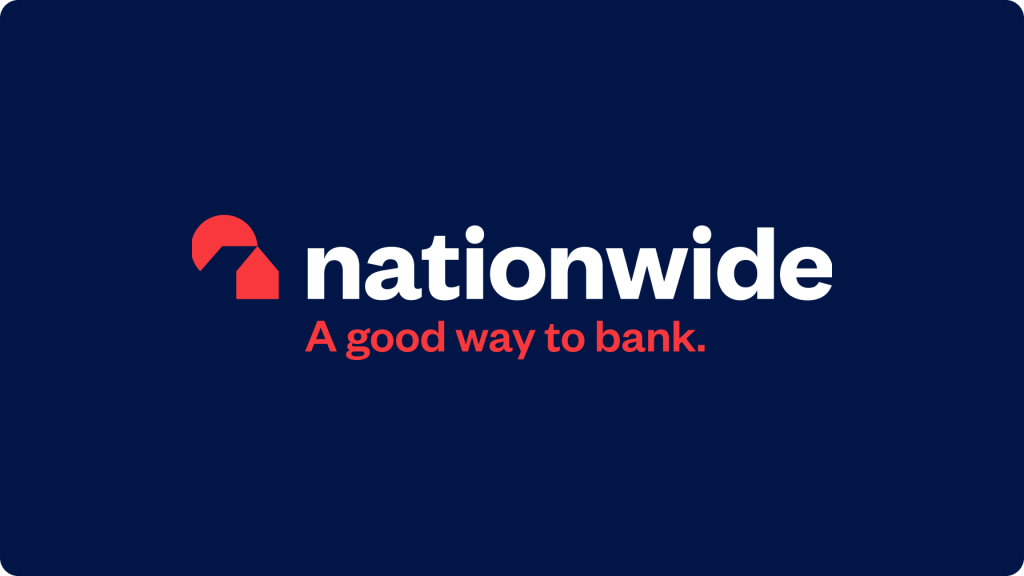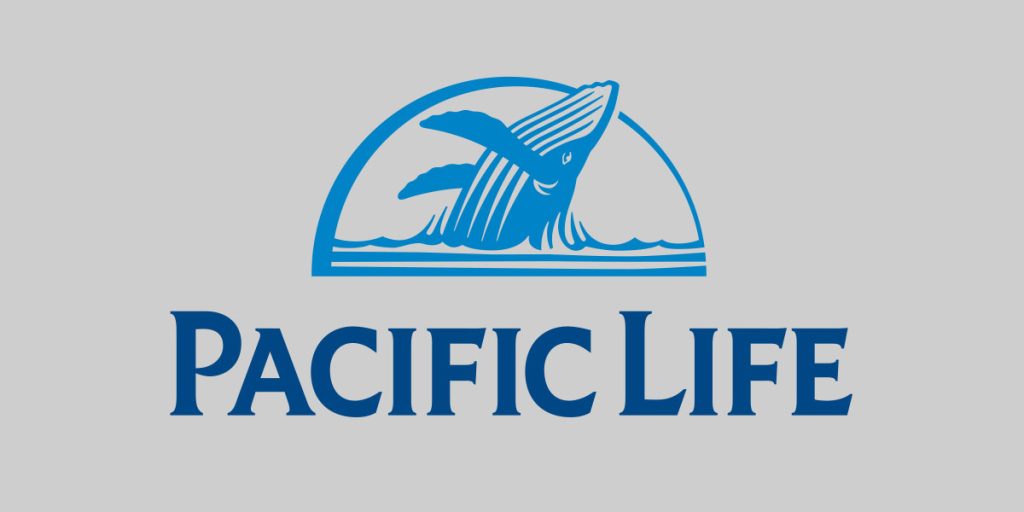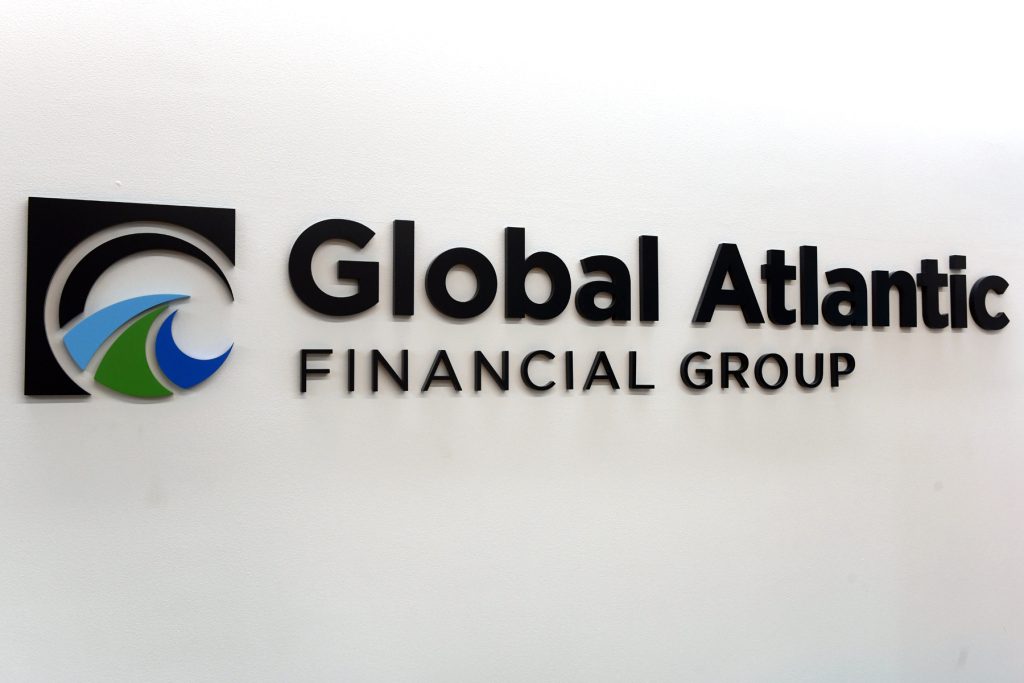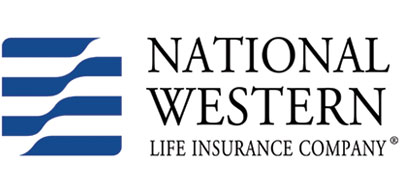Why Most People Struggle Financially
Many people today lack basic financial literacy. Schools teach subjects like math, science, and history, but they fail to educate students on managing money, understanding financial statements, and building wealth. As a result, 99% of Americans struggle financially because they focus on earning income rather than acquiring assets.
One of the biggest reasons people remain in financial struggle is due to outdated education. Traditional schooling teaches students to work for money, while the wealthy learn how to make money work for them.

Understanding Financial Statements: The Key to Wealth
A financial statement is your real report card in life.
- Most people graduate without knowing how to read an income statement, balance sheet, or statement of cash flows.
- Bankers and investors don’t care about your school grades—they care about your financial statement.
- The wealthy understand that assets generate income, while liabilities drain money.
Rich Dad Poor Dad emphasises that understanding financial statements is crucial because it allows individuals to see where their money is going and how to make smarter financial decisions.
The Cashflow Quadrant: Where Do You Stand?
Robert Kiyosaki’s Cashflow Quadrant explains the four types of income earners:
| Quadrant | Description |
|---|---|
| E – Employee | Works for a pay-check, wants job security |
| S – Self-Employed | Owns a small business or is a freelancer |
| B – Business Owner | Owns a system that runs without them |
| I – Investor | Puts money to work and earns passive income |
Most people are stuck in the Employee (E) or Self-Employed (S) quadrant, trading time for money. However, true wealth is built in the Business Owner (B) and Investor (I) quadrants because they create passive income and financial freedom.
Why Assets Matter More Than Income
Many people focus on increasing their income, but the wealthy focus on acquiring assets.
- Liabilities: Things that take money out of your pocket (cars, credit card debt, luxury items).
- Assets: Things that put money into your pocket (real estate, stocks, businesses, intellectual property).
Instead of working for money, build assets that generate cash flow. For example:
- Buying rental properties that generate monthly income.
- Creating an online business that earns passive revenue.
- Investing in stocks and dividend-paying assets.
Key takeaway: Focus on acquiring income-generating assets instead of just increasing your salary.
The Three Types of Money: Real vs. Fake Wealth
There are three types of money in today’s economy:
- God’s Money – Gold & Silver (Physical assets that hold value over time)
- Government Money – Fiat Currency (Dollars, Euros, Yen; printed at will, causing inflation)
- Fake Money – Stocks, Bonds, ETFs (Paper assets manipulated by financial markets)
Most people work hard for fake money, unaware that fiat currency loses value over time due to inflation. This is why saving money in a bank is a poor financial strategy. Instead, invest in real assets like gold, silver, and real estate that retain their value over time.
Why Schools Don’t Teach Financial Education
Traditional education was designed to create employees, not entrepreneurs or investors. Schools don’t teach financial education because:
- The ultra-rich benefit from keeping people financially ignorant.
- Schools focus on memorizing answers, not real-world problem-solving.
- Teachers themselves often lack financial literacy and aren’t entrepreneurs.
Instead of waiting for the education system to change, take responsibility for your own financial education.
The Power of Entrepreneurship and Taxes
Understanding tax strategies is key to keeping more of what you earn:
- Employees (E): Pay up to 40% in taxes.
- Self-Employed (S): Pay up to 60% in taxes.
- Business Owners (B): Pay around 20% in taxes.
- Investors (I): Can legally pay 0% in taxes using tax shelters and investment loopholes.
Wealthy individuals use business structures and tax advantages to grow their wealth while minimizing taxes legally.
The McDonald’s Business Model: It’s Not About Burgers
One of the best examples of financial intelligence is McDonald’s. Most people think McDonald’s is in the fast-food business, but McDonald’s is actually in the real estate business.
- They use franchise income to buy prime real estate.
- The real estate grows in value, while the businesses generate cash flow.
The same strategy applies to wealth creation—use business revenue to acquire long-term assets.
How to Change Your Financial Future
🔹 Start learning financial literacy—understand assets, liabilities, and cash flow. 🔹 Focus on building assets instead of just earning income. 🔹 Stop saving fiat currency—invest in real estate, gold, silver, and businesses. 🔹 Educate yourself on taxes to keep more of what you earn. 🔹 Think like an investor, not an employee.
If you want to achieve financial freedom, start shifting your mindset from working for money to making money work for you.
Final Thoughts
Financial education is the key to breaking free from the rat race. If you want to stop struggling financially, you need to change your mindset and focus on acquiring assets, not just income. By taking control of your financial future today, you can build wealth, achieve financial independence, and live life on your own terms.
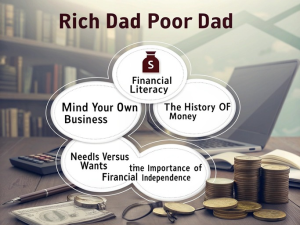
FAQ: Common Questions About Financial Education
1. What is the most important financial lesson to learn?
The most important lesson is to acquire assets instead of liabilities. Assets put money in your pocket, while liabilities take money out.
2. Why is traditional education not enough for financial success?
Schools focus on job security and salaries, while true wealth is built through investing and entrepreneurship.
3. What is the best way to start building wealth?
Start by learning financial literacy, investing in assets, and minimizing liabilities.
4. Should I save money or invest it?
Saving money in fiat currency leads to loss due to inflation. Instead, invest in assets like gold, silver, and real estate.
Are you ready to take control of your financial future? Start learning, start investing, and start building real wealth today! 🚀

